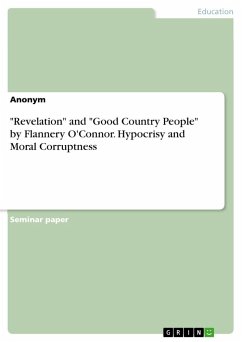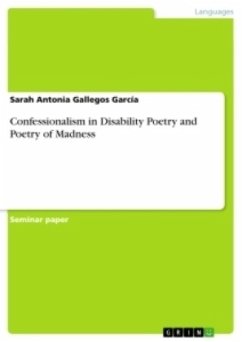Seminar paper from the year 2013 in the subject Didactics - English - Pedagogy, Literature Studies, grade: 1,0, The University of Arizona, language: English, abstract: In this paper, I will be focusing on the treatment of bilingualism in schools both as a 'problem' and a 'benefit', thereby analyzing the notions of "immigrant bilingualism" and "elite bilingualism". It is interesting to me how bilinguals are perceived in German and American societies in general, something that I have already alluded to in this introduction, and how they are perceived in the school environment. I will also be looking at programs and schools that promote bilingualism in both countries and different languages, as well as the reception of bilingual students in 'normal' schools. Finally, I will explore some of the research done on the success of (mainly immigrant) bilinguals in the school environment: whether and in which situations or subjects their bilingualism helps or hinders students during their educational career. "No one can say for sure how many people are multilingual, but a reasonable estimate is that at least half of the world's population is in this category. Multilingualism is thus by no means a rare phenomenon, but a normal and common occurrence in most parts of the world." This statement by Saville-Troike might some surprising to some, given that in many Western societies, the ability to use two (or more) languages is seen as something 'special' - however, I intentionally do not give away whether this characterization of 'special' is seen as something positive or negative. The fact is that in many of those same societies, whether being 'special' is good or bad depends on the languages that are spoken by that bi- or multilingual person.
Hinweis: Dieser Artikel kann nur an eine deutsche Lieferadresse ausgeliefert werden.
Hinweis: Dieser Artikel kann nur an eine deutsche Lieferadresse ausgeliefert werden.








